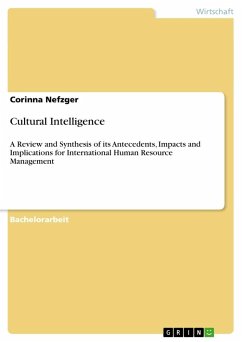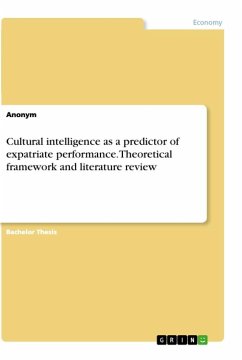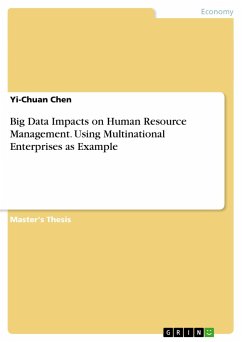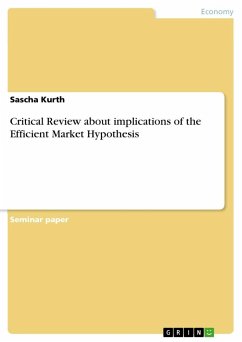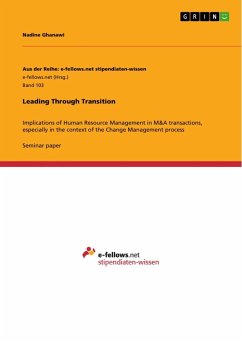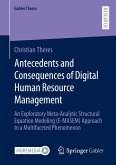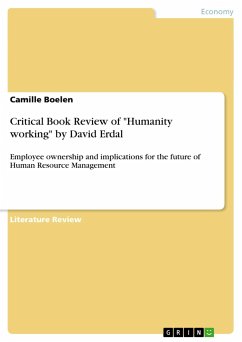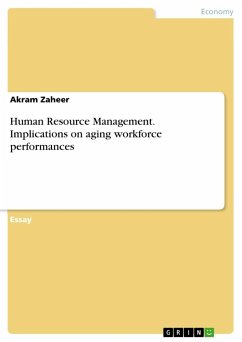Bachelorarbeit aus dem Jahr 2010 im Fachbereich BWL - Personal und Organisation, einseitig bedruckt, Note: -, Otto-von-Guericke-Universität Magdeburg (Faculty of Economics and Management), Sprache: Deutsch, Abstract: The purpose of this thesis is therefore to analyse CQ in order to apply this concept to international human resource management (hereafter HRM) practices by discussing theoretical and empirical research on its nature, impacts and implications.The first part of this thesis introduces the concept of CQ by emphasising CQ as a multidimensional construct that is built on Sternberg and Dettermann s foci of multipleintelligences. Moreover, the concept of CQ will be differentiated from personality traits, other forms of intelligence, such as general mental ability (hereafter IQ) and emotional intelligence (hereafter EI), and other cross-cultural competencies. In order tounderstand how CQ can be measured the cultural intelligence scale (hereafter CQS), developed by Van Dyne, Ang und Koh, will be explained. In the second part, the question of what actually determines CQ will be answered by examining a nomologicalframework and the relation between personality and CQ. Moreover, impacts of CQ on interpersonal outcomes will be assessed by analysing existing studies and the influence of CQ on experiential learning will be highlighted. In the third part, implications fortheory and practice will be discussed with a special emphasis on international HRM practices. Finally, the results of this thesis will be summarised and a conclusion will be drawn by giving rise to still unanswered questions for future research.
Hinweis: Dieser Artikel kann nur an eine deutsche Lieferadresse ausgeliefert werden.
Hinweis: Dieser Artikel kann nur an eine deutsche Lieferadresse ausgeliefert werden.

